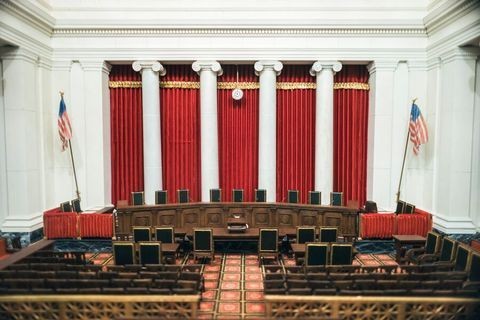Supreme Court Rules in Favor of Health Plans in Landmark $13 Billion Affordable Care Act Case
Client Alert | 1 min read | 04.28.20
On April 27, the U.S. Supreme Court issued a decision in Maine Cmty. Health Options et al v. United States, ruling in favor of Maine and companion insurers in the long running Affordable Care Act §1342 “risk corridors” litigation, and confirming the government’s obligation to pay insurers approximately $13 billion for their work related to the ACA. Under the risk corridors program, the government and the health plans shared risk during the first three years of the ACA exchanges, and had reciprocal statutory payment obligations; however, after the health plans performed, the government refused to make full payment, arguing that Congress’ refusal to appropriate funds vitiated the government’s payment obligation. Reversing the Federal Circuit, the Supreme Court held that the statute contained an unambiguous payment mandate, which was not repealed or otherwise suspended by Congress’ failure to make appropriations available. While a failure to appropriate funds prevents agencies from making the payment, the failure does not relieve the United States of its obligation to pay. Speaking for the majority, Justice Sonia Sotomayor wrote: “These holdings reflect a principle as old as the Nation itself: The Government should honor its obligations. Soon after ratification, Alexander Hamilton stressed this insight as a cornerstone of fiscal policy. ‘States,’ he wrote, ‘who observe their engagements . . . are respected and trusted: while the reverse is the fate of those . . . who pursue an opposite conduct.’” C&M partner Steve McBrady called the decision “important” noting that it “cements bedrock principles of fairness into money mandating statute jurisprudence.” Crowell & Moring represented Maine Community Health Options.
Contacts
Insights
Client Alert | 6 min read | 02.27.26
The U.S. Supreme Court’s February 20, 2026, opinion in Learning Resources. v. Trump (decided with Trump v. V.O.S. Selections), holding that the President lacks authority to impose tariffs under the International Emergency Economic Powers Act (IEEPA), is notable for many reasons — including its practical impact on the many U.S. companies who paid steep tariffs on global imports and may now be able to recover by filing suit before the Court of International Trade (CIT). That possibility and the key reasons for the High Court’s decision are discussed in our recent alert on this momentous decision.
Client Alert | 4 min read | 02.27.26
New Jersey Expands FLA Protections Effective July 2026: What Employers Need to Know
Client Alert | 3 min read | 02.26.26
Client Alert | 4 min read | 02.26.26






